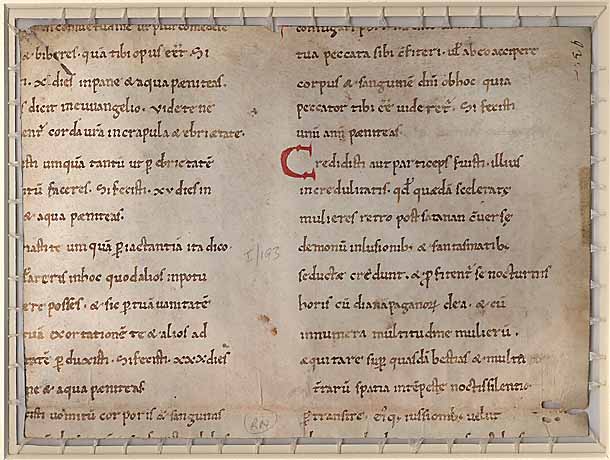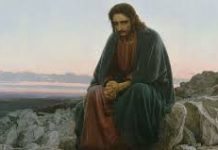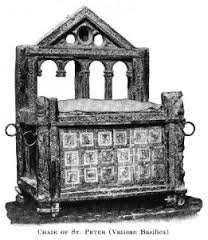
Against the restrictions of Traditionis Custodes and its accompanying draconian dubia, traditionally-minded bishops (would that adjective were superfluous!) always had a recourse in Canon 87.1, which stated that:
A diocesan bishop, whenever he judges that it contributes to their spiritual good, is able to dispense the faithful from universal and particular disciplinary laws issued for his territory or his subjects by the supreme authority of the Church. He is not able to dispense, however, from procedural or penal laws nor from those whose dispensation is specially reserved to the Apostolic See or some other authority.
That is, bishops could take the Pope’s motu proprio into consideration, and modify its strictures for the ‘spiritual good’ of his faithful. TLM eight days a week, if need be.
Cardinal Roche, Prefect of the Congregation of Divine Worship, is closing that loophole – or trying to – with a decree of dubious legality, that permission to say the usus antiquior in any parish, anytime, is indeed ‘reserved to the Apostolic See’.
They seem determined to ecrasez l’infame. Do they not realize that this will drive some underground, others into outright ‘schism – even if who’s in schism from what or whom is certainly a question. Or is such confusion and centrifugal disintegration a feature, and not a bug? All for an ancient form of Liturgy that has produced myriads of saints, the Holy Mass which dates back to the Apostles. So much for a pastoral and caring approach to a small minority of Catholics who provide well, well above their weight for the Church – not least copious numbers of children and vocations who will fill the pews, and, one hopes, the heavenly kingdom.
But here be the latest from the CDW:
We now have the document that illegally attempts to strongarm bishops against invoking Canon 87 to allow TLMs to continue in parish churches.
To be clear: As the guardians and promoters of the liturgy of their diocese, bishops have EVERY right to invoke Canon 87 under TC. pic.twitter.com/DpNANIO8ph
— DC Rosary Rally for the Latin Mass (@dcrosaryrally) February 6, 2023
This is a strange way to apply the ever-invoked lodestar of the Second Vatican Council, which teaches that bishops are not delegates or branch managers of the Pope, but themselves vicars and ambassadors of Christ in their own diocese, receiving their spiritual potestas from Him. Sure enough, the exercise of episcopal authority may be regulated by the supreme authority in the Church, but, by the principle of subsidiarity, should also be strengthened and supported thereby, as the Dogmatic Constitution on the Church, Lumen Gentium, declared:
In virtue of this power, bishops have the sacred right and the duty before the Lord to make laws for their subjects, to pass judgment on them and to moderate everything pertaining to the ordering of worship and the apostolate. The pastoral office or the habitual and daily care of their sheep is entrusted to them completely; nor are they to be regarded as vicars of the Roman Pontiffs, for they exercise an authority that is proper to them, and are quite correctly called “prelates,” heads of the people whom they govern. Their power, therefore, is not destroyed by the supreme and universal power, but on the contrary it is affirmed, strengthened and vindicated by it, since the Holy Spirit unfailingly preserves the form of government established by Christ the Lord in His Church.
It may well be past time, pace Saint Paul, to stand up to Peter, or whoever is decreeing this in his name. The Church is not the Pope’s, but Christ’s, and there in an inherent corrective mechanism in the Mystical Body.
For now, trust, pray, and have no anxiety. Follow the conscience God gave you in the days and weeks ahead, as best as such may be informed and enlightened. The Almighty will see all things set right, in due time. +











